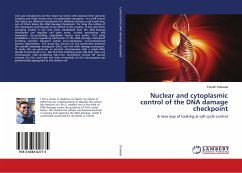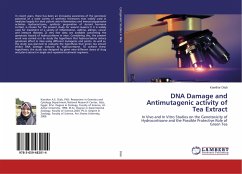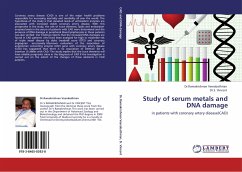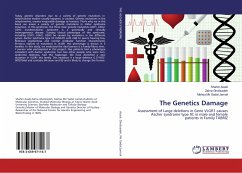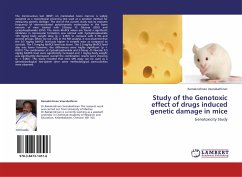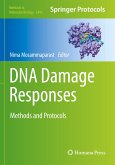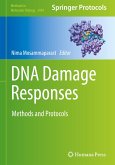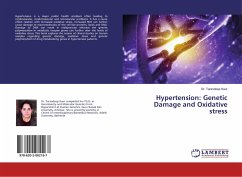Cell cycle checkpoints are the means by which cells maintain their genomic integrity and resist factors that are potentially mutagenic. It is well known that there are different checkpoints for different stresses a cell could face, one of them being the DNA damage checkpoint. For long the activity of this checkpoint was thought to be limited to the nucleus. In this and other emerging studies it has now been established that the DNA damage checkpoint can regulate cell cycle arrest, nuclear positioning and movement by controlling cytoplasmic factors and events. This study establishes a novel regulatory mechanism of the DNA damage checkpoint involving vesicular transport system and cytoplasmic, non-proteosomal protein degradation. The study also focuses on the connection between the spindle assembly checkpoint (SAC) and the DNA damage checkpoint. To study this we generate an acentric chromosome with a single DNA double strand break on it. We find that budding yeast cells that have one chromosome with conditional GAL1-Cen centromere turned off cannot activate the SAC and both the sister chromatids of this chromosome get preferentially segregated to the mother cell.

